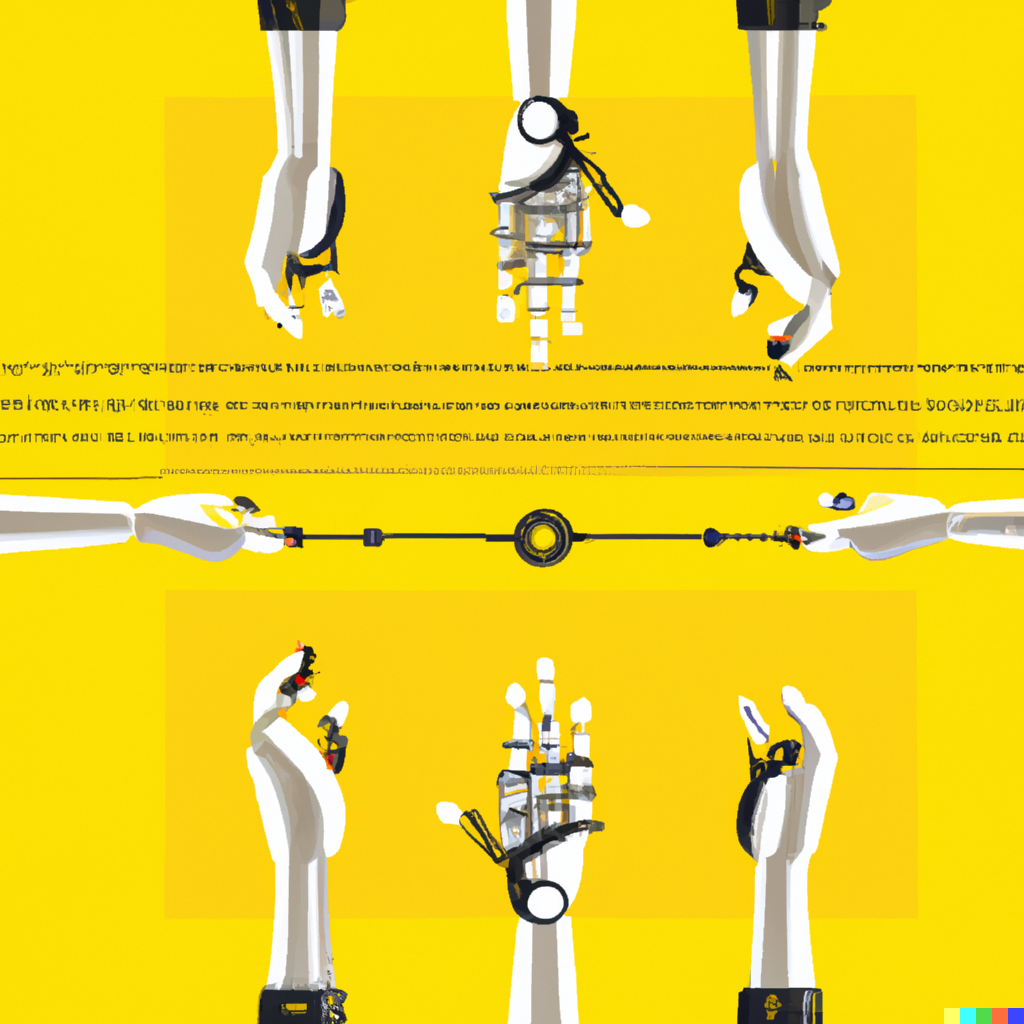What can design do in a world packed with principles, distrust and conflicting values?
This website is created to explore how we can Design for Trustworthy AI by Dasha Simons and is currently work in progress.
Created with Dall-E
Call for Trustworthy AI
The growth and broad application of Artificial Intelligence has great economic benefits however also severe societal implications. At the same time your success and wellbeing are not fully in your own control. The decisions of others, and now increasingly AI, profoundly influence our lives.
Organisations, governments and individuals learned by mistakes in practice, with ethically misaligned AI systems. Think of the famous biased Apple Credit Card, Amazon hiring system, or the Dutch Childcare Benefits Scandals. Check out this map for more examples!
Evidently, questions of values and ethics are becoming urgent, as these systems can be negatively biased and the decision processes are not traceable, while increasingly impacting our lives. Abstract concepts such as fairness and values need to find their way into the fast and agile AI development processes.
Industry is increasingly interested and aware of the need of Trustworthy AI. AI ethics principles are created and both companies and individuals are endorsing these principles.
It is, therefore, alarming the translation of ethics to day to day practice is often an underestimated challenge. Studies show a severe action gap between endorsing these principles and action (IBV, 2022). The contemporary fields mostly tackle these challenges by technological feats, ethical AI principles and strategies.
I strongly believe a design perspective can support the transition of values such as fairness, privacy, autonomy, explainability and others, from abstract values to operationalisation in AI.
This site, my work and ambition are to explore this together with you!
Dasha Simons
What can design do?
Trustworthy AI can benefit from a design perspective, using imagination in the solution space and synthesised thinking for implementable ideas instead of solely discussions. A design perspective can address values of us individuals and society and create ways to express them in material culture and technology (Van den Hoven, Vermaas, & Van de Poel, 2015).
A few ways to explore how design can support trustworthy AI:
Use imagination as a prototypical kind of ethical thinking and doing
Support in resolving conflicting values in AI development. Think of conflicts such as privacy vs fairness, privacy vs transparency, fairness vs accuracy and many others.
Unfold the challenges at hand during the process of solving and creating ways of value operationalisation.
Create new way for uptake the AI decision makers & development teams
Proactively designing for values rather than solely risk mitigation
Explorations of these ideas will be discussed and shared.
To design more trustworthy AI, the first step are education and creating awareness! Therefore, I am a frequent speaker at global events.


